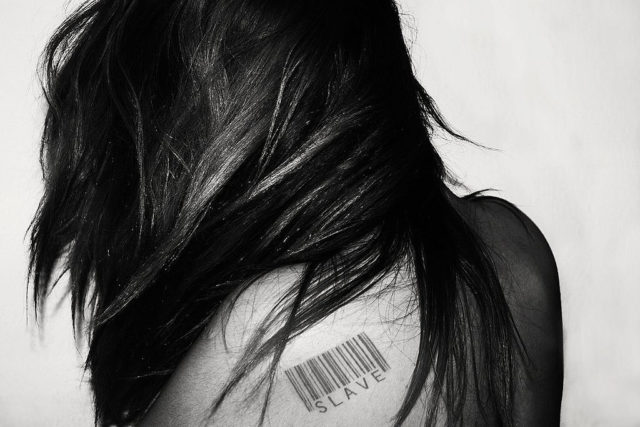Human Trafficking is a hidden crime, where a person is acquired in an improper method by force, threat or deception. UN Office on Drugs and Crime (UNODC) has defined human trafficking as, “Trafficking in persons shall mean the recruitment, transportation, transfer, harbouring or receipt of persons, by means of the threat or use of force or other forms of coercion, of abduction, of fraud, of deception, of the abuse of power or of a position of vulnerability or of the giving or receiving of payments or benefits to achieve the consent of a person having control over another person, for the purpose of exploitation.”
Majorly women or children are victims of this crime. The victims are often forced into slavery, prostitution, servitude or organ removal surgeries. According to The International Labour Organization estimates that 24.9 million people worldwide are victims of labour and sex trafficking. Maharashtra, especially Mumbai, the capital of the state is a major destination for trafficked girls who are lured from poor states and nearby countries on the promise of jobs but then sold into the sex trade or domestic servitude.
Trafficking networks often rely on legitimate businesses, including hotels, to sustain their illegal operations and infrastructure, using them to house their victims while in transit or to sell their victims’ forced services. Many hotels are taking broad measures to tackle the problem, both individually and collectively.
Hotels in India are provided with 50 signs that staff need to watch out for in order to catch human trafficking instances and save the victim. The signs include frequent requests for linen or Do Not Disturb sign through several days, or requests for rooms with a view of the car park which are favoured by traffickers as they allow them to vet clients for signs of trouble and check out their cars to gauge how much to charge. These signs can help the staff catch any suspicious behaviour and report to the authorities.
The group behind the initiative is also developing a mobile phone app – Rescue Me – which hotel staff can use to alert local police and senior anti-trafficking officers. It is also developing a training module on trafficking for hotel staff and hospitality students which could be used across the country.
Article Credit : CSRJournal


Pingback: Meet the Nepali teenagers raising awareness on human trafficking – SLSV – A global media & CSR consultancy network